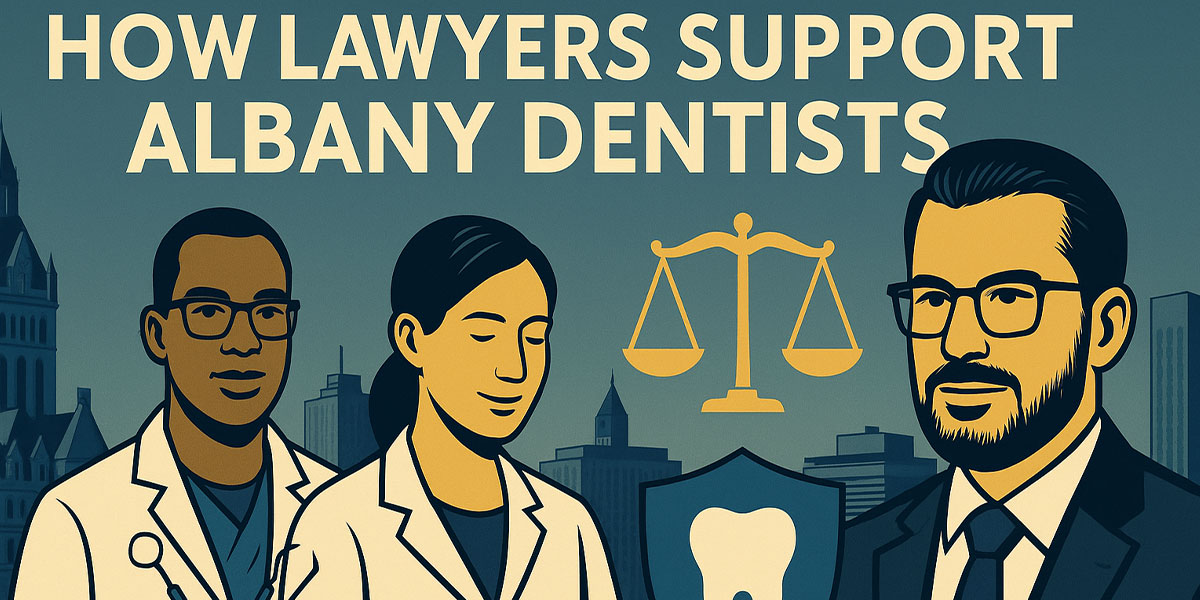Welcome to the world of DIY estate planning, where individuals take their financial futures into their own hands by creating their own wills and trusts. While this may seem like a daunting task to some, many individuals are finding empowerment in crafting their own legal documents without the assistance of a lawyer. In this article, we will explore the benefits and pitfalls of DIY wills and trusts, and provide some tips for those brave enough to tackle this important aspect of financial planning on their own.
Understanding the Purpose of DIY Wills and Trusts
When it comes to estate planning, many people are turning to the option of creating their own wills and trusts. DIY wills and trusts provide individuals with the ability to control their assets and designate beneficiaries without the need for hiring an expensive attorney. While this option may seem appealing, it is important to understand the purpose behind these legal documents.
One of the main reasons individuals choose to create their own wills and trusts is to ensure that their wishes are carried out after they pass away. By clearly outlining how their assets should be distributed, who should receive what, and who will oversee the process, individuals can avoid confusion and prevent potential disputes among family members.
Another purpose of DIY wills and trusts is to minimize the amount of taxes and fees that may be incurred during the probate process. By carefully planning and structuring these legal documents, individuals can potentially reduce the financial burden on their beneficiaries and ensure that their assets are distributed as efficiently as possible.
Benefits and Risks of Creating Your Own Estate Planning Documents
Creating your own estate planning documents can be a cost-effective and convenient option for those looking to put their affairs in order. One of the main benefits is the ability to customize your will or trust to fit your specific needs and wishes. By drafting your own documents, you have full control over how your assets will be distributed and to whom. This can provide peace of mind knowing that your wishes will be carried out according to your exact instructions.
On the other hand, there are risks involved with creating your own estate planning documents. One of the biggest risks is the potential for errors or omissions that could render your documents invalid or result in unintended consequences. Without the guidance of a professional, you may overlook important legal requirements or fail to address specific scenarios that could arise in the future. Additionally, DIY documents may not be able to account for changes in laws or individual circumstances that could impact the validity of your estate plan.
while there are benefits to creating your own estate planning documents, such as customization and cost savings, there are also significant risks that should be carefully considered. It’s important to weigh the pros and cons and seek advice from a qualified estate planning attorney to ensure that your wishes are properly documented and legally sound. Remember, proper estate planning is essential for protecting your assets and ensuring your loved ones are provided for according to your intentions.
Key Considerations When Drafting DIY Wills and Trusts
When considering creating your own will or trust, there are several important factors to keep in mind to ensure that your wishes are carried out effectively and legally. Here are some key considerations to take into account:
- Legal Requirements: Make sure you understand the specific legal requirements in your state for drafting wills and trusts. Failure to comply with these requirements could lead to your documents being invalid.
- Clarity and Specificity: Clearly outline your wishes and ensure that all beneficiaries, assets, and responsibilities are clearly defined in your documents. Ambiguity can lead to confusion and disputes among family members.
- Professional Review: Consider having your DIY wills and trusts reviewed by a legal professional to ensure that they are comprehensive and legally binding. An attorney can help identify any potential issues and provide guidance on how to address them.
Remember, DIY wills and trusts can be a cost-effective option, but it’s crucial to approach the process with care and attention to detail. By following these key considerations, you can create documents that accurately reflect your wishes and provide peace of mind for you and your loved ones.
Tips for Ensuring the Validity and Effectiveness of Your DIY Estate Planning Documents
Ensuring the validity and effectiveness of your DIY estate planning documents is crucial to guarantee that your wishes are carried out as intended. Here are some tips to help you navigate the process:
- Consult with a Legal Professional: Even though you are creating the documents yourself, it is still beneficial to seek the advice of a legal professional to ensure that everything is in order.
- Use Clear and Specific Language: When drafting your wills and trusts, be sure to use clear and specific language to avoid any ambiguity or confusion.
- Keep Your Documents Updated: Life changes, so make sure to review and update your estate planning documents regularly to reflect any new circumstances.
By following these tips, you can have peace of mind knowing that your estate planning documents are valid and effective in carrying out your wishes.
To Conclude
As you consider whether to utilize a do-it-yourself will or trust, remember to weigh the risks and benefits carefully. While these options may save you time and money in the short term, they may not provide the same level of protection as seeking professional legal advice. It’s important to ensure that your final wishes are accurately reflected and legally sound in order to provide peace of mind for yourself and your loved ones. Ultimately, the decision is yours to make, but it’s always wise to consider all avenues before finalizing such an important document.



